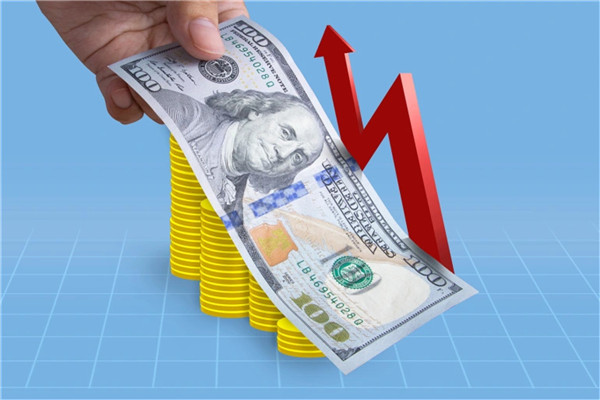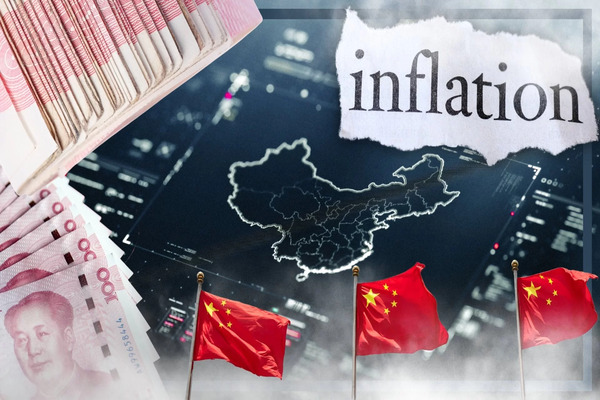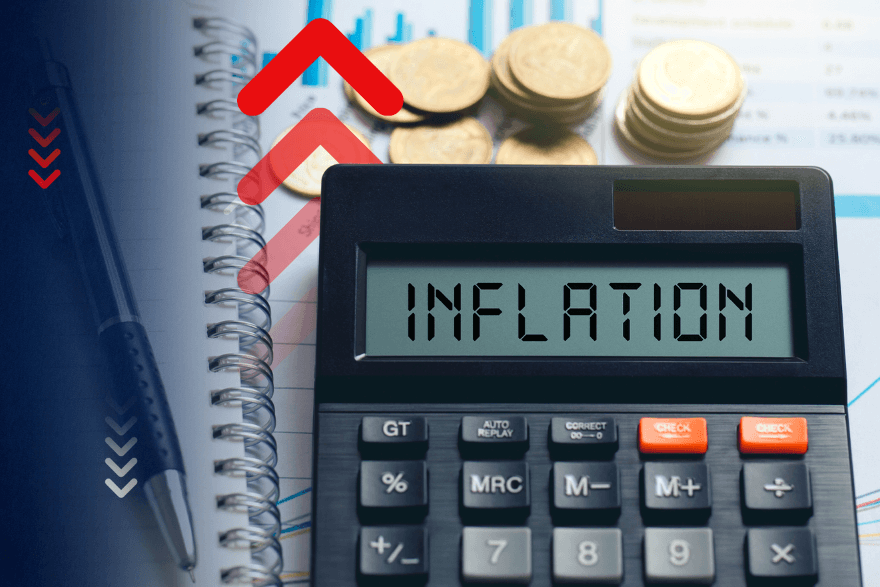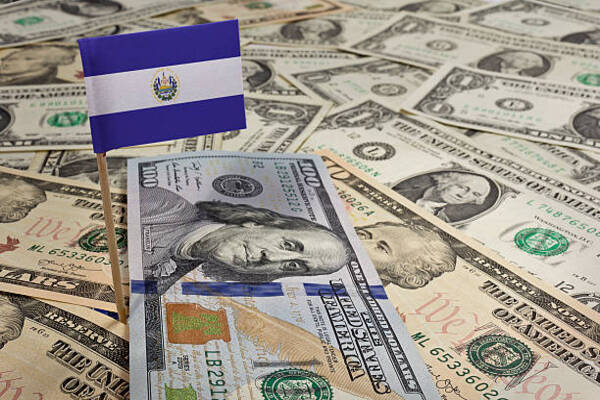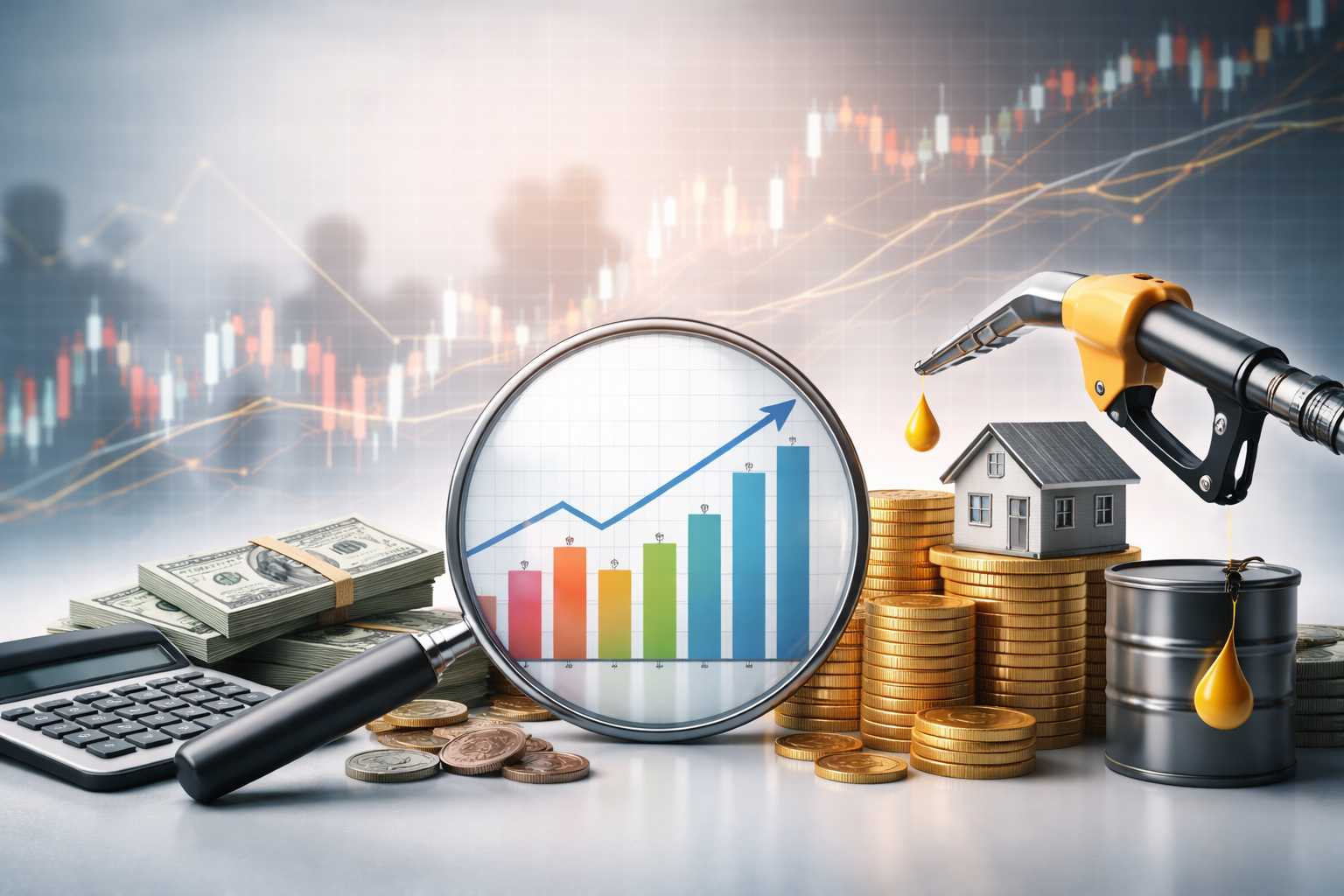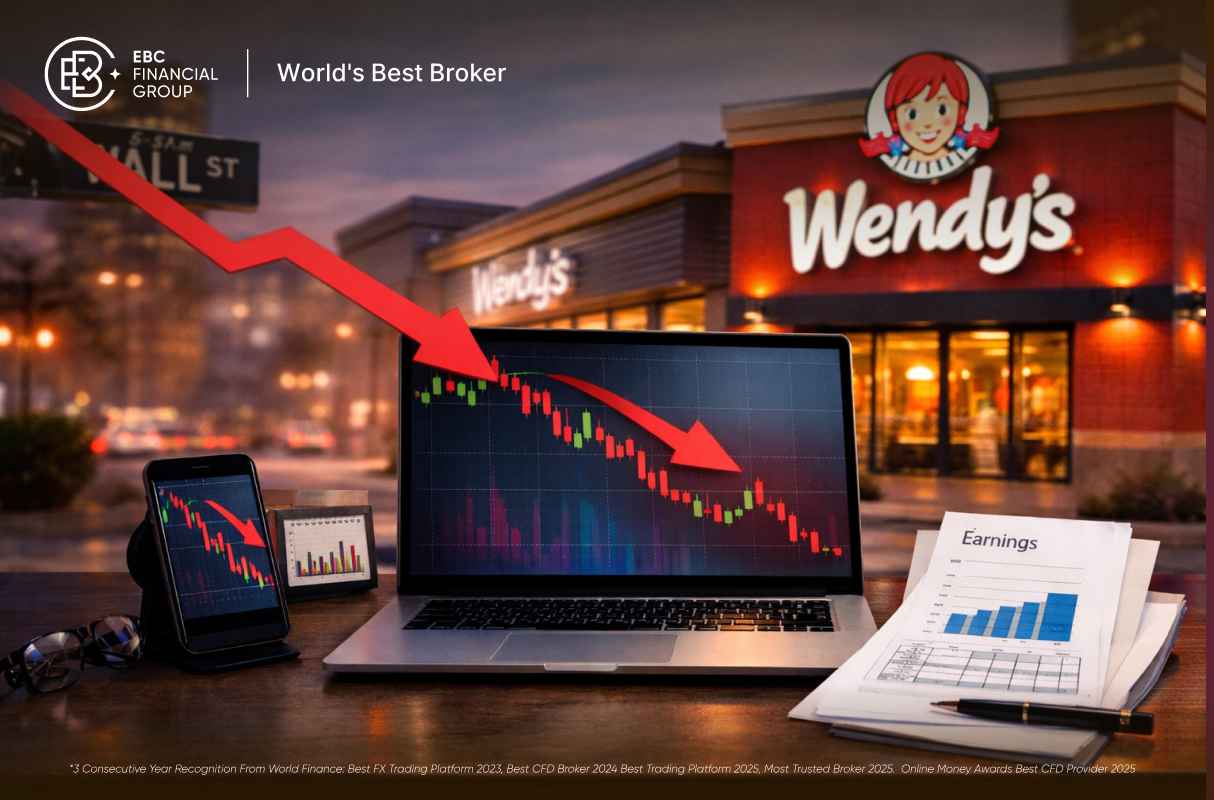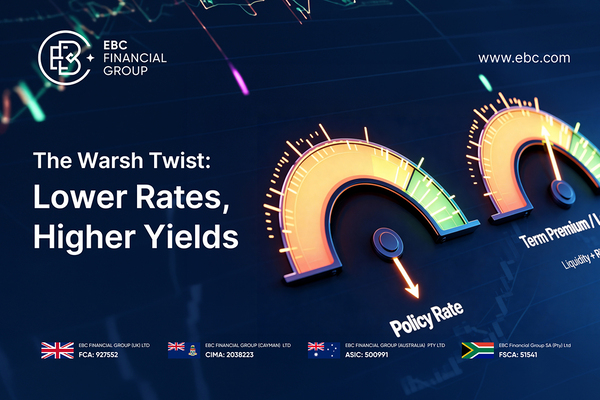I believe everyone is familiar with the concept of inflation. You often hear
about inflation online, so what is inflation? Many people are actually quite
vague about this concept.
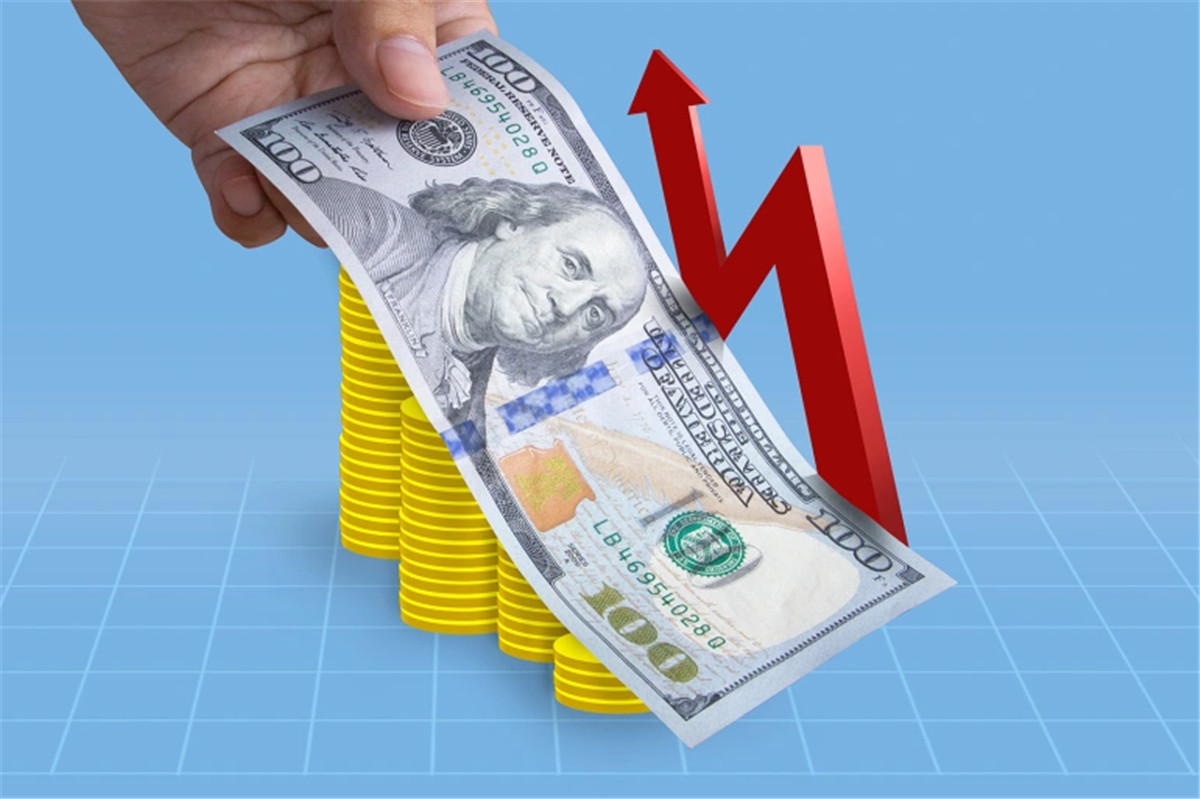
What is Inflation?
Conceptually speaking, inflation refers to the depreciation of a country's
currency that causes price increases, which differs from general price
increases.
In general, very few price increases are mostly caused by supply and demand
imbalances. When the market supply exceeds demand, prices will rise, and once
the market supply and demand of this commodity increase in the future, its price
will decrease.
Just like in the past two years, the price of pork in China has experienced a
significant increase since 2019. At its peak, some regions sold pork for 40 yuan
per kilogram. However, after entering 2021, with the continuous increase in the
number of live pigs and sows that can be bred in China, the supply of live pigs
in the market has been increasing, and the corresponding pork price has
gradually decreased. At present, pork prices in many places have returned to
around 10 yuan.
Inflation is essentially different from the general price rise. Inflation is
not only the price rise in some areas but also the rise in Almost all goods to
varying degrees, and this rise is irreversible. Even if the market supply
increases, the price continues to rise.
Simply put, there are fewer goods and services that can be purchased with the
same currency.
Inflation is usually caused by an increase in the Money supply. When people
have more money, they will also be willing to spend more money to buy goods and
services. The imbalance between supply and demand leads to price increases,
which in turn lead to inflation.
Inflation can have different impacts on the economy. On the one hand,
moderate inflation can stimulate consumption and investment, promoting economic
growth. On the other hand, rapid inflation may lead to soaring prices, weakening
people's purchasing power, and thus having a negative impact on the economy.
Decision makers usually take measures to control inflation, such as adjusting
monetary policy, raising interest rates, and limiting the money supply. However,
these measures may not always fully control the development of inflation.
Inflation also has an impact on individuals and businesses. People holding
cash may feel a decrease in purchasing power, while debtors may benefit as they
can repay their debts in relatively depreciated currencies. Enterprises should
adjust their pricing strategies in an inflationary environment to cope with
rising costs and competitive pressures.
In short, inflation is an economic phenomenon that leads to a decrease in the
purchasing power of money and an increase in prices, which has a significant
impact on individuals, businesses, and the entire economy.
